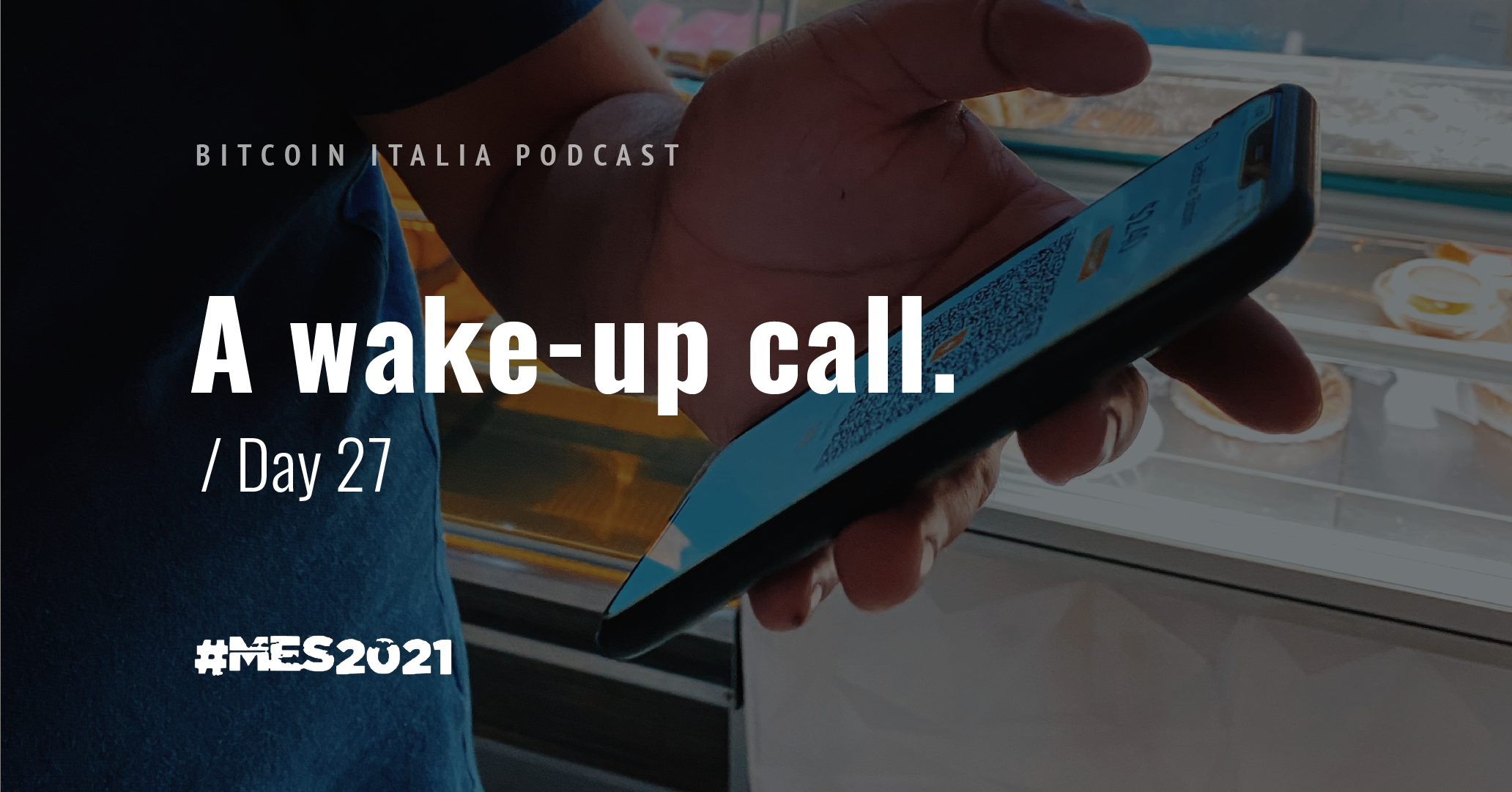

It’s time to throw all our stuff back into our backpacks, load up the Bitcoin Car and leave the clear waters of Lake Coatepeque behind us. It was really nice to spend Christmas here but we still have a lot to explore and are eager to get back on the road.
We choose to relocate our base camp to Santa Ana. We really liked the town and it is in the perfect location. Exactly in the center of everything we wanted to visit in the coming days. The truth is that we had also considered settling in some neighboring towns, such as Chalchuapa and Los Naranjos, but we didn’t find any hotel willing to accept Bitcoin there. The capital of the region, on the other hand, seems without a shadow of a doubt satoshi friendly and already the first hostel we call is happy to let us pay with the currency of the future. Indeed, the owner surprises us when he tells us that he doesn’t have Chivo installed but prefers to use Strike. A rare position his, which deserves to be investigated.
Once again we are lucky. We arrive at our destination and the hostel is gorgeous. Perhaps the nicest, friendliest and best served facility on our entire trip. It will be an excellent base camp. After completing the usual formalities we stop for a while to talk to the boss. He has been accepting Bitcoin since well before the law came into effect. He started using Strike from the beginning and considers it a far superior piece of software. When the government app became available he tried it but it had a lot of problems and really didn’t make sense to use that one. The talk then quickly slips to politics. He is not a fan of Bukele at all, in fact he fears his authoritarian drifts and considers him an arrogant spoiled rich kid. Therefore, he does not trust the state control of the wallet and prefers not to have anything to do with it. He recognizes the importance of the law, it had the merit of giving great visibility to El Salvador, but it was implemented too quickly and the people were not adequately prepared. These are all elements that we have also largely pointed out. We certainly can’t blame him, then.
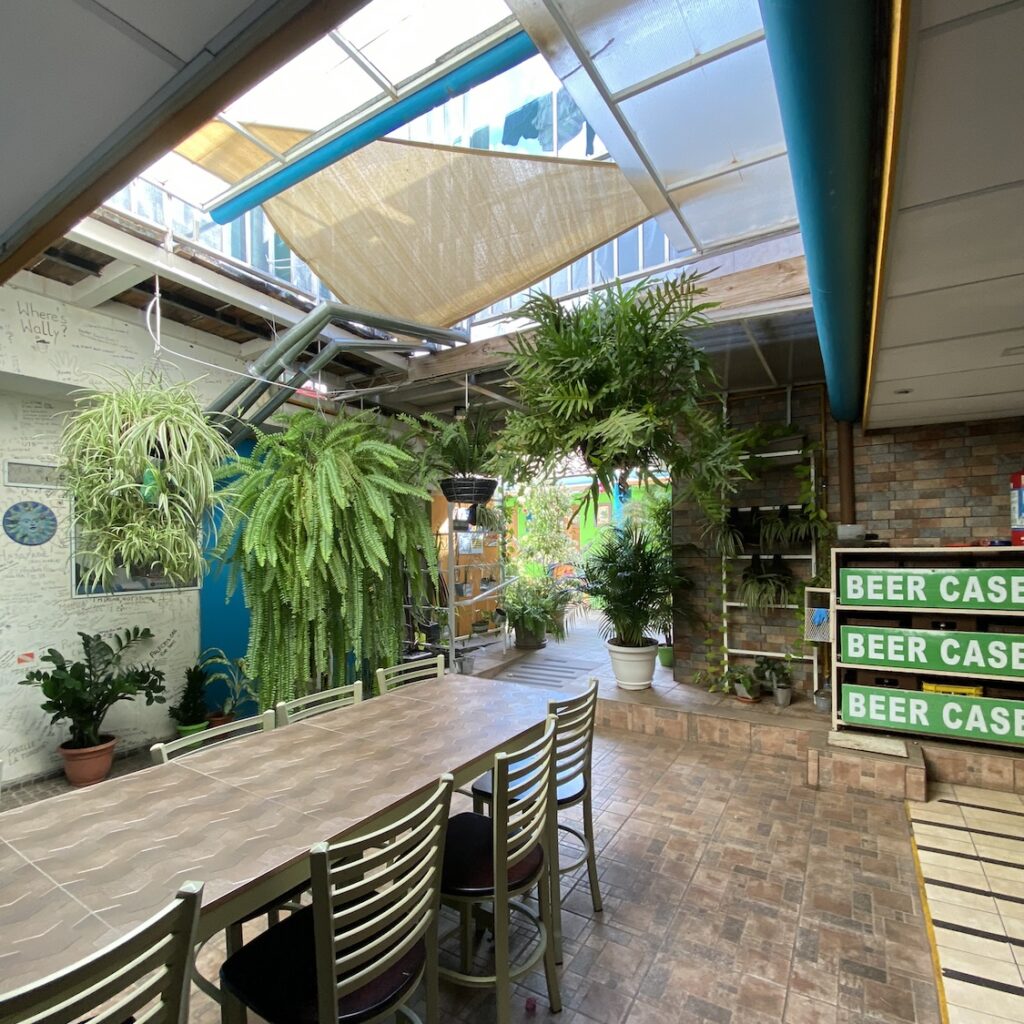
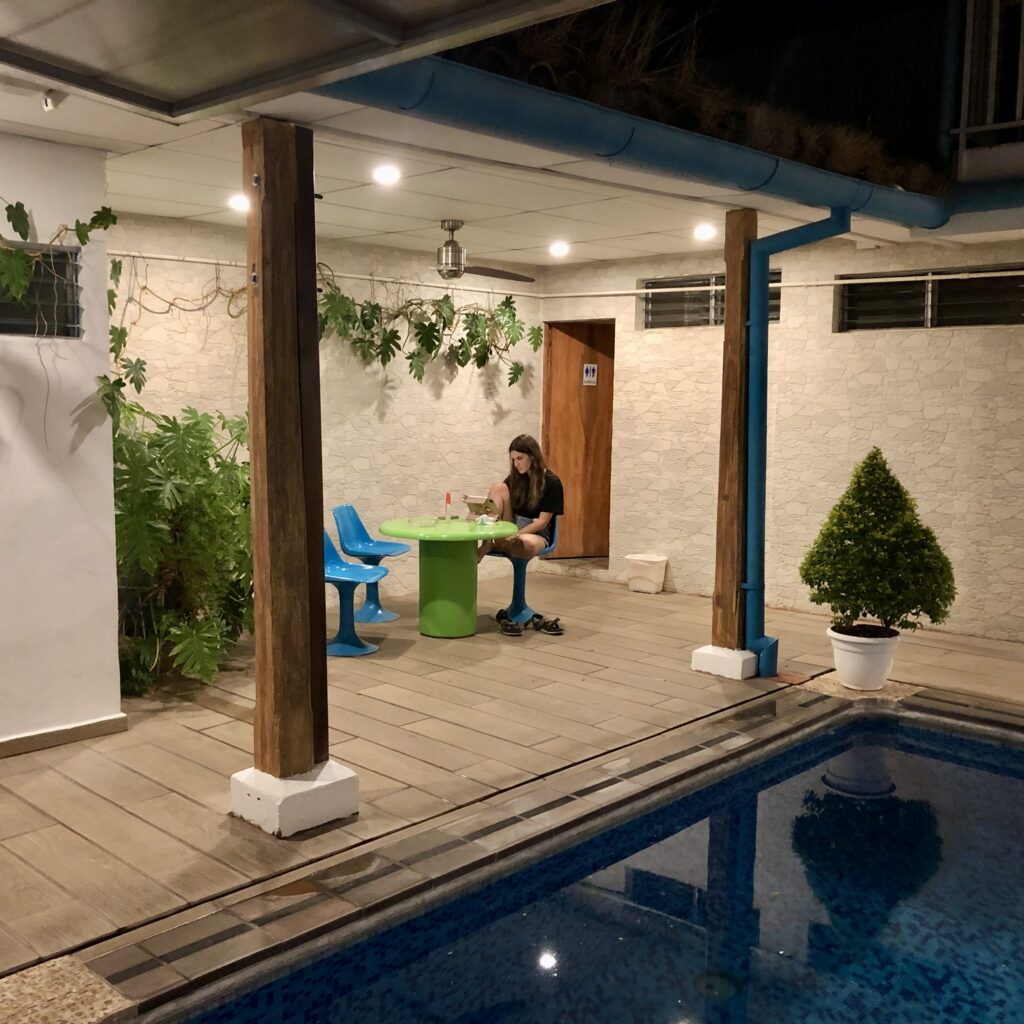
We take possession of our room and get organized. It is clear to us that our adventure has truly taken us to the edge of the civilized world when, as if intoxicated, we watch for a few minutes as the bathroom shower lets hot water gush over our bodies. A sensation we hadn’t felt in weeks. It is almost sunset when we go out to get some food.
We find an open pizzeria not far from the hostel, we go in to ask and they tell us they accept Bitcoin without any problem. We sit down and order two very Salvadoran versions of pizzas that, according to the advertising of the place, should have been typically Italian. We don’t really care, we are hungry and it was the most convenient thing.
At the moment of paying, however, comes a surprise. The cashier tells us that she doesn’t have the app with her but that we can easily send the money to the phone number she provides. With Chivo it can be done. In its being a hyper-centralized database and with accurate verification of the identities of users, each phone number corresponds to a profile and then just enter that to be able to transfer money. When we explain that we can’t have the app because we are foreigners and that we need a QR code, panic sets in. They have no idea what we are saying and call the owner on his cell phone. We try to explain to him how to produce the code but he’s not able to. He’s hardly ever used it and for the few transactions he does receive, the phone number is really all he needs. He doesn’t feel like messing around, he doesn’t care and, in order to get rid of us, he apologizes and buys us dinner.
We leave stunned from the experience. We passed by a pastry shop and decided to drink a coffee and order a dessert. We ask, as usual, if they let us pay in satoshi and they say yes, indicating a QR code printed and pasted next to the cash register. However, it is the usual Chivo code to send dollars. We don’t do anything with it. When we explain it to them, they don’t really understand how it doesn’t work either. But they immediately start looking for a smartphone with the app installed. They all need to be updated, so it is necessary to register again. In a typical scene of our last days, the spiel of pins, codes sent and ID cards scanned begins. While waiting, the store owner tells us that it is now very rare that someone asks to pay with Chivo and that he has not felt the need to open the app for weeks.
We make it, manage to pay, consume and return to our hostel.
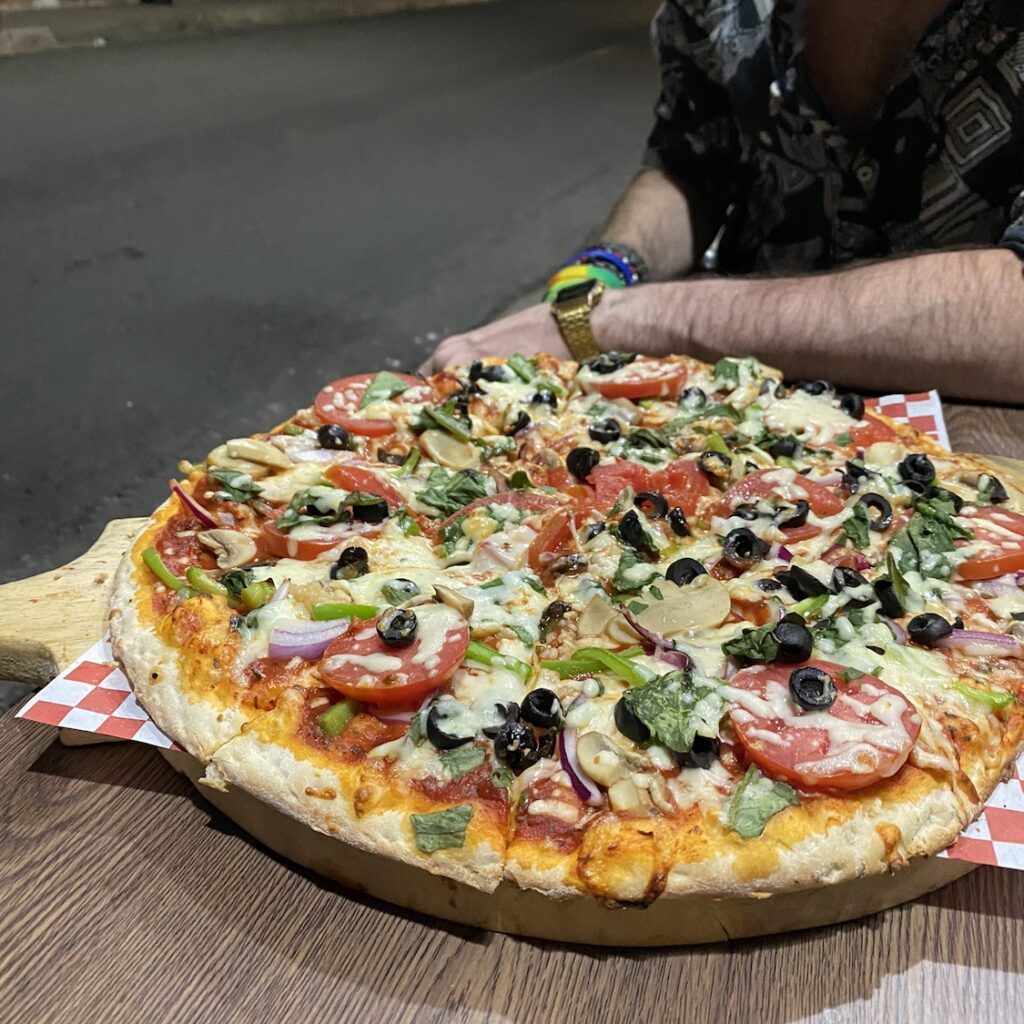
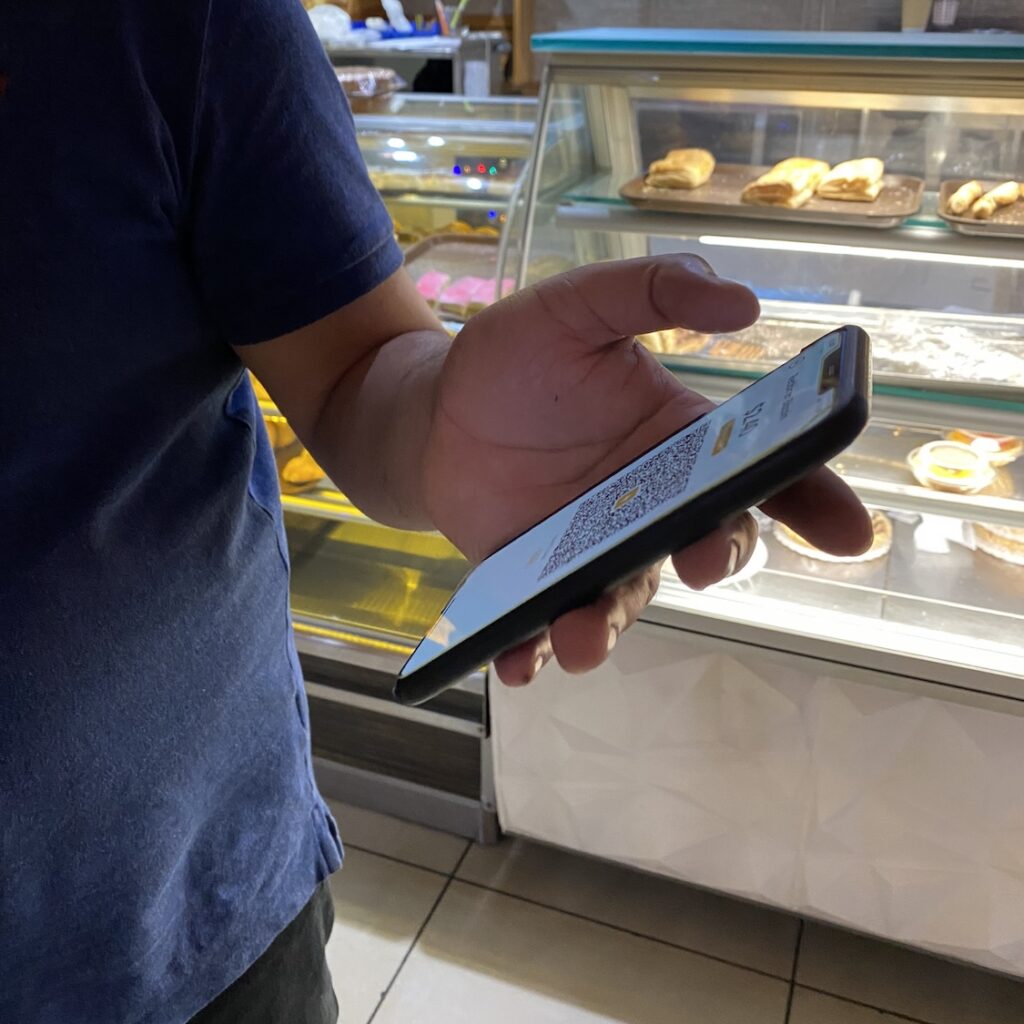
Honestly, the last few days have been a wake-up call. Our feeling is that, after the initial enthusiasm caused by the shower of thirty dollar bonuses is over, the bulk of the population has already put electronic payments into oblivion. None of them have really understood what Bitcoin is, how it works, what opportunities it offers and what a garrison of freedom it is. They’ve received no education, no guidance, and they’ve all pretty much gone back to cash after the initial bonanza. So it really risks being a wasted opportunity. It is not enough to distribute an application and give away money to make such a revolutionary idea take root. It’s necessary to explain its meaning. Make the population participate in the political design behind its adoption. Whatever it may be.
We don’t really understand what game Bukele is playing and wish we could ask him.